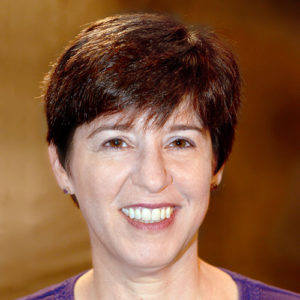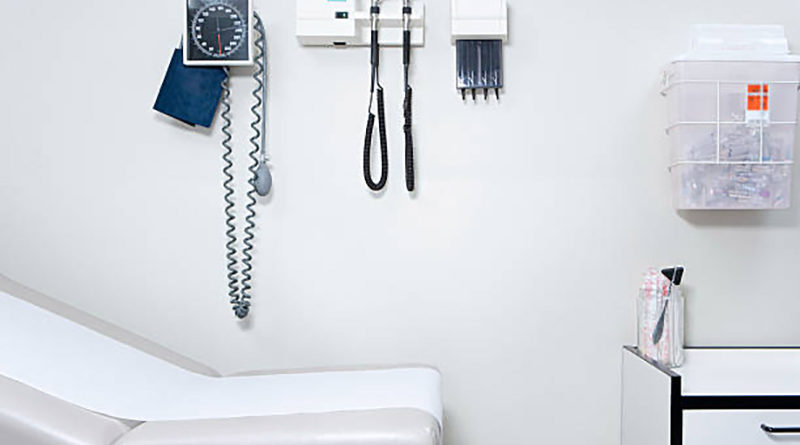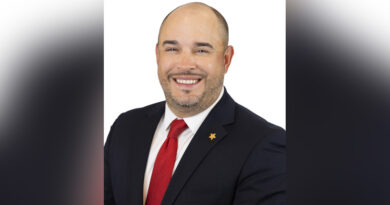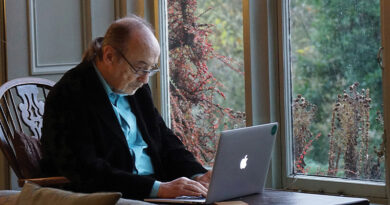What You Need to Know About Testing for Cervical Cancer
For several decades, screening before symptoms develop has reduced deaths from cervical cancer, as doctors have been able to find it early and treat it or prevent it from developing.
Pre-cancers, which are caused by HPV (Human Papillomavirus), often have no symptoms. Still, their cells can be detected through regular screening, and removal prevents them from becoming cancer.

The Pap test can find early cell changes and also find cervical cancer early when it’s easier to treat.
The HPV test finds HPV infections that can lead to cell changes and cancer.
All women should begin cervical cancer screening at age 21.
Women ages 21 to 29 should have a Pap test every three years.
Women ages 30 to 65 should have both a Pap test and an HPV test every five years.
Women over age 65 who have had regular screenings with normal results should not be screened for cervical cancer.
Women who have had their uterus and cervix removed in a hysterectomy and have no history of cervical cancer or pre-cancer should not be screened.
Women who are at high risk for cervical cancer may need to be screened more often. Women at high risk might include those with HIV infection, organ transplant, or exposure to the drug DES. They should talk with their doctor or nurse.
The American Cancer Society recommends that women do not get a Pap test or HPV test every year because it generally takes much longer than that, 10 to 20 years, for cervical cancer to develop, and frequent screening often leads to procedures that are not needed.
One way of preventing cervical cancer is to get vaccinated against HPV.
Having HPV also increases the risk for other cancers and genital warts that can affect both males and females. The HPV vaccine helps prevent infections that can cause six types of cancers, including cervical cancer. The vaccine works best in younger people. Girls and boys should start the vaccine series by age 11 or 12. Girls and boys who do not get the vaccine at the recommended age should still get the HPV vaccination until age 26.
Visit www.cancer.org/HPV to learn more.
Stacy Simon is the senior news editor for the American Cancer Society.
For nearly 40 years, People Newspapers has worked tirelessly to tell the stories—good, bad, and sublime—of our neighbors in the Park Cities and Preston Hollow. To support our efforts, please contact advertise@peoplenewspapers.com for advertising opportunities. Please also consider sharing this story with your friends and social media followers.









